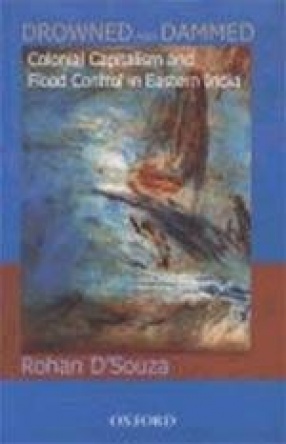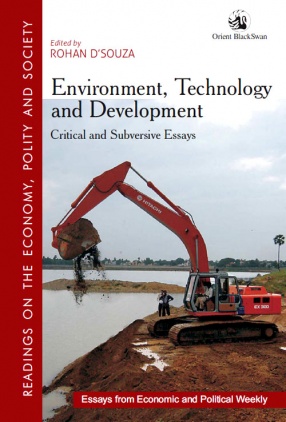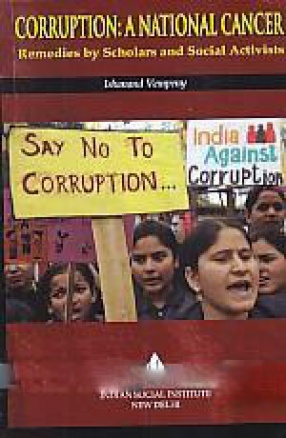India, in many ways, makes a compelling case for studies on the linkages between water histories, hydraulic technologies, and politics. Whether it is inter-state river disputes, ground water extraction by private corporations, farmer agitations for irrigation water or urban anxieties over meeting water requirements, the water question in India has several contentious dimensions. Drowned and Dammed comprehensively reconsiders the debate on the colonial environmental watershed and its hydraulic legacy. It also questions the enthusiasm for flood control in post-independent India. Rohan D’Souza argues that the British assembled and deployed the idea and practice of flood control in order to anchor their presence in the Orissa Delta. It was principally a political project, deeply implicated in the social, economic, and political calculations of capitalism in general and colonialism in particular. Through the rubric of flood control, colonial rule sought to organize systems of land revenue, institute capitalist private property, and shape the region’s hydrology with physical infrastructure such as embankments, canal networks, and inevitable the Hirakud Dam. In seeking to dominate the Delta’s many rivers, colonial capitalism brought about an unprecedented ecological rupture by transforming the Orissa Delta from a flood-dependent agrarian regime to a flood-vulnerable landscape. This ecological rupture revealed the particularities of colonial capitalism in its relationships with the natural world. Pointing to the links between flood control and political ecology, this book broadens explorations in environmental history, political ecology, and contemporary concerns on capitalism. For the kind of issues it raises, it will interest scholars, policy makers, activists, and students concerned with environmental history, political economy, water conflicts, and development.
Environment, Technology and Development: Critical and Subversive Essays
Drawn from the rich ...
$31.50
$35.00






There are no reviews yet.